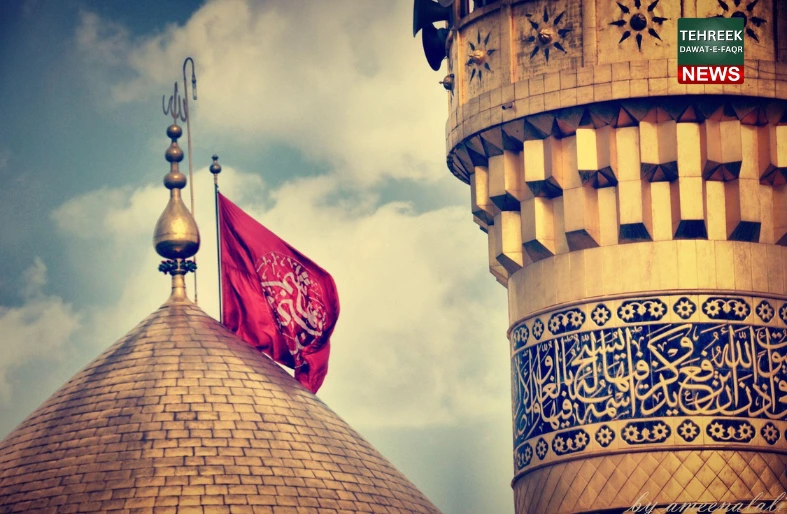Among the Ahlul Bayt (the family of the Prophet), the great personality of Sayyiduna Imam Hussain needs no introduction, not only to the common people and elites of the Muslim community but also to non-Muslims.
This greatness, exaltation, and fame in the world are not based merely on virtues such as being born into the family of the Ahl al-Bayt, being the direct grandson of the Holy Prophet Mohammad (S.A.W), receiving immense love and compassion from the Prophet (S.A.W), being the son of Hazrat Ali (R.A) and Hazrat Fatima al-Zahra (A.S), resembling the Holy Prophet (S.A.W) in appearance, character, and several aspects, being from the Quraysh and the Sadat, or being born in Medina. Rather, it is based on his moral purity, noble character, service to Islam, and the sacrifice of Himself and His family in the path of Allah, including His martyrdom and unique self-sacrifice.
According to the chroniclers, Sayyiduna Imam Hussain (R.A) was born in the month of Sha’ban, 4 AH, to great joy. The Holy Prophet (S.A.W) gave ‘ghutti’ to Imam Hussain (R.A) and then uttered the call to prayer (azan) in his ear with the tongue of Prophethood. The way Sayyiduna Imam Hussain (R.A) upheld his position as the grandson of the Prophet on the battlefield of Karbala, displaying unmatched courage and bravery, and setting an example of speaking the truth before Yazid’s forces, while enduring immense suffering, is unparalleled in human history.
Here is an incident that beautifully describes the excellent character and great virtue of Sayyiduna Imam Hussain. Once, a beggar, wandering in the streets of Medina, reached his door. He knocked and expressed his need in the form of poetry, the meaning of which is as follows:
“Today, the man will not return disappointed,
Who has come to you with hope,
And who has knocked on the door of your house.
You are the source of forgiveness and generosity.
Your father is the great man who fought against the wicked.”
At that time, Sayyiduna Imam Hussain (R.A) was engaged in prayer. He heard the knock on the door and the beggar’s plea during his prayer. He shortened his prayer and went to the door. When he saw the beggar, he noticed the true signs of poverty and need on his face.
Imam Hussain (R.A) then returned inside and called his servant. He asked, “Do you have anything from our allowance?” The servant replied, “There are 200 dirhams, which you instructed me to spend on your family.” Imam Hussain (R.A) said, “Bring all of the 200
dirhams, for a man more deserving has come.” He then took the dirhams, went out, and gave them to the beggar, responding to him with a verse in return.

